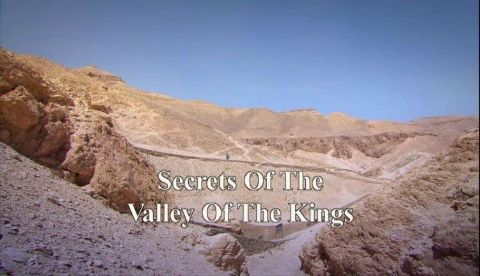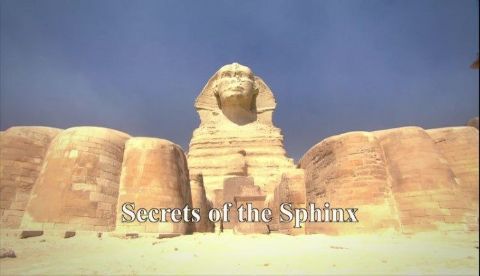Secrets of the Sphinx • 2008 • episode "Part 3" • Egypt Unwrapped
Was the Sphinx originally built with a lion's head and later remodeled? Dr. Zahi Hawass presents the latest theories and evidence in the mystery of the Sphinx. Egypt is a land filled with hidden treasures, buried secrets, and centuries of old mysteries left unsolved. Perhaps the greatest of these is the Sphinx, no one knows for sure who built it, or when. This Sphinx, a lion with the face of a pharaoh, towers above the Giza Plateau. It is a four-and-half thousand -year old puzzle, but now the latest science is offering new clues.
Make a donation
Buy a brother a hot coffee? Or a cold beer?
Hope you're finding these documentaries fascinating and eye-opening. It's just me, working hard behind the scenes to bring you this enriching content.
Running and maintaining a website like this takes time and resources. That's why I'm reaching out to you. If you appreciate what I do and would like to support my efforts, would you consider "buying me a coffee"?
Donation addresses
BTC: bc1q8ldskxh4x9qnddhcrgcun8rtvddeldm2a07r2v
ETH: 0x5CCAAA1afc5c5D814129d99277dDb5A979672116
With your donation through , you can show your appreciation and help me keep this project going. Every contribution, no matter how small, makes a significant impact. It goes directly towards covering server costs.










